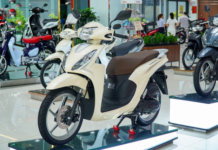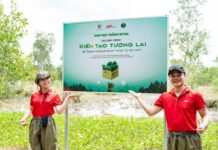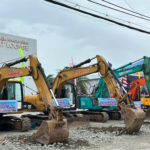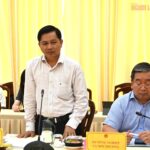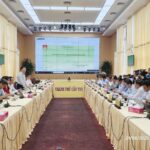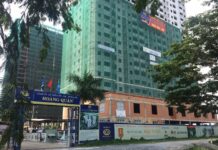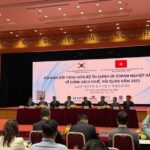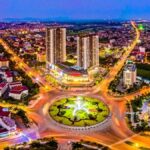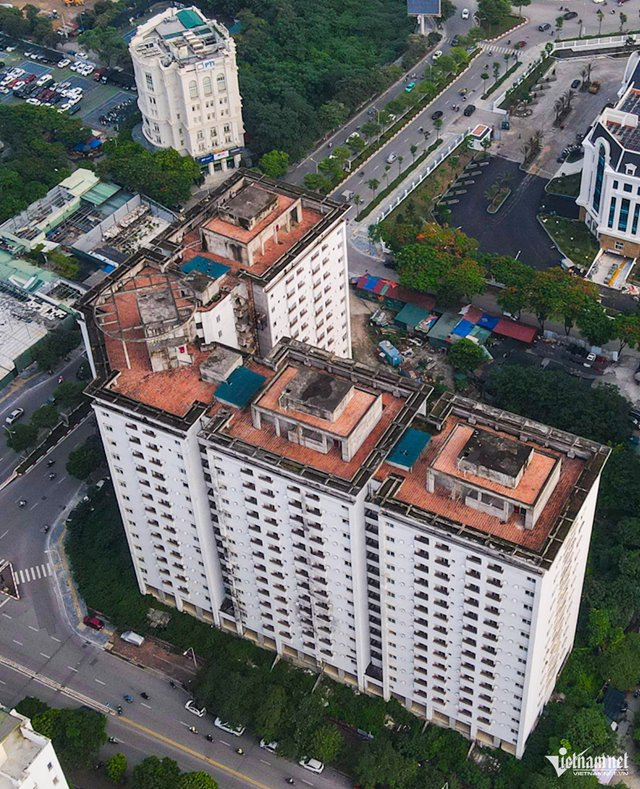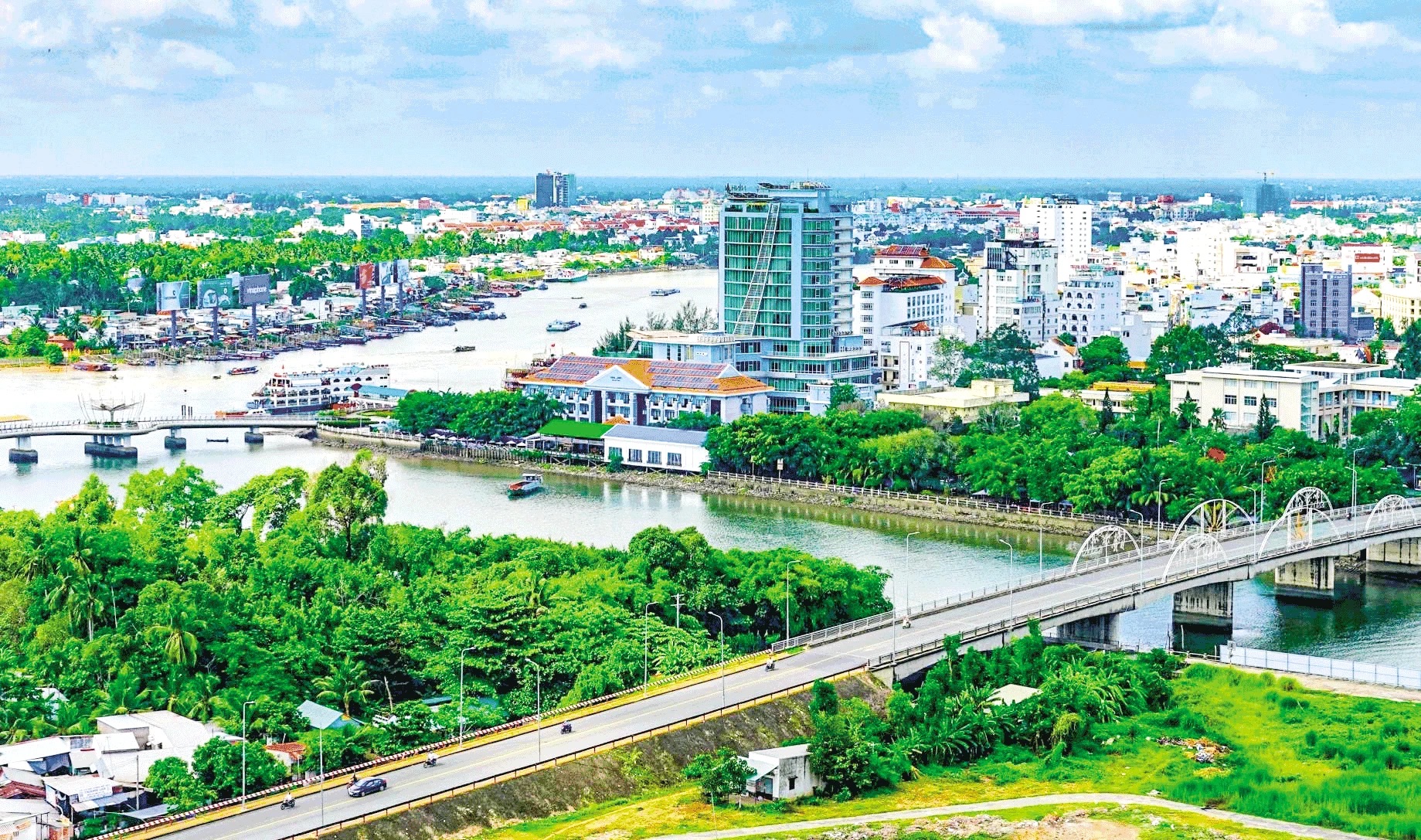
On the afternoon of September 30th, Can Tho City held a meeting with SEP Cooperative Group (South Korea), facilitated by the Vietnam-Asia Net Zero Science and Cooperation Center (VANZA). Representatives from the Departments of Industry and Trade, Agriculture and Rural Development, Natural Resources and Environment, and the Management Board of Export Processing Zones and Industrial Parks attended the event.
The meeting aimed to explore investment opportunities for two large-scale projects: a bio-oil plant using agricultural by-products and a fruit juice export factory.
Mr. Hyun Dong Hoon, Chairman of SEP Cooperative, highlighted Can Tho’s unique advantage in agricultural produce and by-products. The company aims to transform straw, fruit peels, sugarcane residue, and corn stalks—often wasted—into high-value renewable energy sources.
Initially, the bio-oil plant will require 30 hectares of land, expanding later into a 300-hectare Net Zero Industrial Complex—the first of its kind in Southern Vietnam. This project is expected to reduce CO₂ emissions and enhance resource efficiency by up to 90%.
Simultaneously, the concentrated fruit juice factory, with a capacity of 300,000–500,000 liters/day, will process local fruits like pineapple, mango, passion fruit, orange, grapefruit, and dragon fruit. The facility will meet GlobalGAP, HACCP, and ISO22000 standards for export to South Korea, the EU, the US, and Japan.
The initial investment is estimated at $120–180 million, potentially increasing to $150–220 million in later phases. Once operational, the factories are projected to create 600–900 direct jobs and 1,000–2,500 indirect jobs in the supply chain.
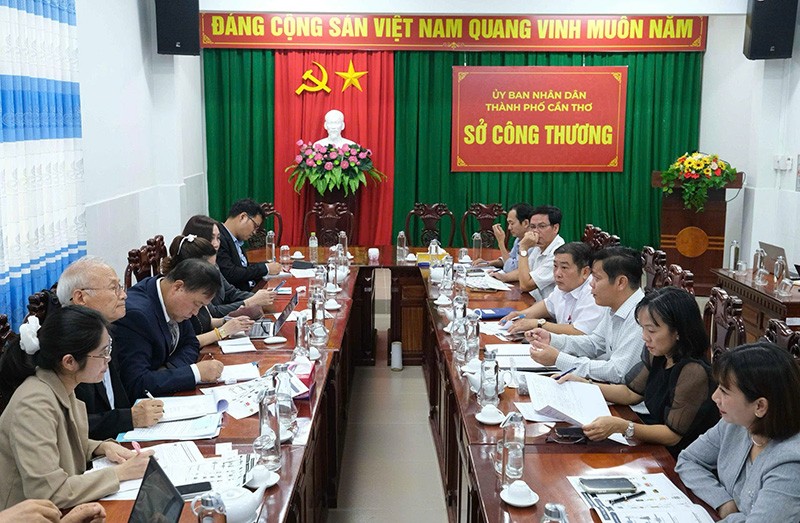
Representatives from Can Tho’s Department of Industry and Trade and other departments meet with South Korean investors.
During the meeting, Can Tho City leaders praised the projects as aligning with the city’s green industrial development strategy. Ms. Nguyen Thi Lieu, Deputy Head of the Export Processing Zones and Industrial Parks Management Board, suggested Tran De Industrial Park (with 100 hectares of available land) and Song Hau Industrial Park (near a river port, ideal for transportation) as suitable locations.
Local agricultural authorities confirmed the abundant supply of raw materials, with 700,000 hectares of rice fields and 80% of annual straw surplus after serving livestock and mushroom cultivation. Utilizing this straw will not only reduce pollution from field burning but also provide additional income for farmers.
Beyond the two flagship projects, SEP Cooperative expressed interest in Can Tho’s wind energy sector, which currently seeks investment for 1,500MW of capacity.
Following the merger of provinces and cities, Vietnam will have six centrally governed cities: Hanoi; Haiphong (merged with Hai Duong Province); Hue; Da Nang (merged with Quang Nam Province); Ho Chi Minh City (merged with Binh Duong and Ba Ria-Vung Tau Provinces); and Can Tho (merged with Soc Trang and Hau Giang Provinces).
Revolutionary $30 Million Agricultural Processing Plant Inaugurated in Can Tho: Propelling Mekong Delta’s Farm Produce to Global Markets
WestFood Hậu Giang, a state-of-the-art agricultural processing plant with an investment of over 666 billion VND, has recently been inaugurated. This milestone not only signifies a significant achievement for the company but also positions the emerging city of Cần Thơ as a modern hub for agricultural processing. With this development, Vietnamese agricultural products are poised to conquer international markets, elevating the country’s brand on the global stage.
“Clean Energy Revolution: Petrovietnam Proposes Billion-Dollar Project in Can Tho”
Petrovietnam has proposed the development of an Eco-Energy Industrial Center in Can Tho City, aiming to attract billions of dollars in investment.
The Alphanam Group’s Ambitious Plans: Proposing 5 Mega Projects Totalling Over 1,000 Ha in Can Tho
The bustling city of Can Tho has big plans for the future, and it is knocking on Alphanam’s door to make them a reality. With a vision to kickstart development, the city proposes that Alphanam take the driver’s seat and coordinate efforts to break ground on one or two pivotal projects by 2025. This ambitious timeline underscores the urgency and potential for transformative growth in the region.

